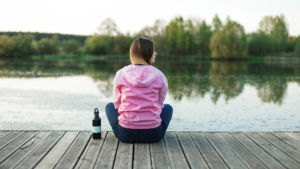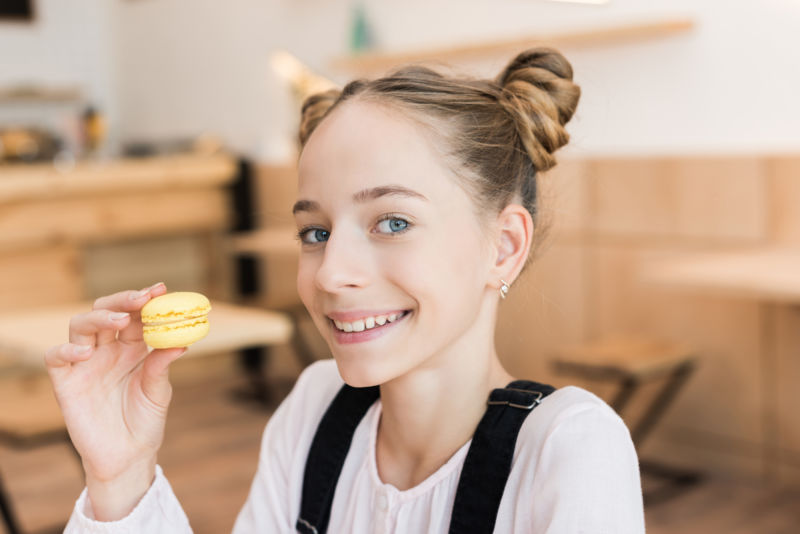I know so many teenagers who will have to leave boarding school (their home since year 7), not go to the ball, play in their grand final, compete in their rowing finale, engage in a service tour to Vietnam, play music in Singapore, go to Camp America, travel with their mates, miss a whole season of sport and have their favourite venues and hangouts shut down and those who have now lost their job. It’s a big deal when the world as you know it is being closed off at every turn.
Straight up, in times of change and extreme uncertainty, let’s grant ourselves and our teenagers permission to plummet below-the-line.It’s normal, it’s to be expected and it’s highly recommended.
By plummeting below-the-line, I mean permission to sulk, frown, humph, embrace a serious case of ‘I can’t be bothered’. Dive into cranky, sad, and worry like your life depends on it and definitely do – OMG I hate this totally sh*t situation and it’s so unfair, wrong and stupid. I’m a big fan of saying it how it is.

Perhaps I’ve just described what’s happening in your house right now? If this does sound like you or your teenager, I’m sending you a big socially distant hug, actually I’m making that an extra large hug (because we all need it right now). I’m also asking you to have a little fist pump moment with yourself and here’s why…….
In times of trouble humans need to be real with our thoughts and emotions, giving ourselves total permission to spend time in the low zone of thinking and feeling. This is one of the core messages in ROC and RISE and one which not only helps us, but teenagers too to reconcile with the magnitude of the world situation right now, it allows us be more honest in the way we are experiencing life, which supports us when we’re ready to climb back up above-the-line.
The climb can’t be rushed and shouldn’t be. Being happy and positive is not the quick fix end goal here. Teaching teens how to expand their emotional vocabulary is paramount so they can be turn up, be real and present knowing that enough and where we aim to be.
When we observe our teenagers going down below-the-line, I suggest we (remind ourselves to) and let teens know:
- Plummeting below-the-line (safely) is actually a good thing, we need to own it not avoid it (80:20 rule p.89)
- We often get very clear about what’s most important to us when we fall below-the-line (Life is stuff p.67)
- To be patient and gentle with yourself, it’s normal to feel what you feel even though it’s quite uncomfortable and yuck! (Naming it and Claiming p.109)
- They wont be rushed to be ‘positive’ and ‘happy’ – that’s often a socially conditioned way of sweeping the truth under the carpet (ROC boosters p.43)
- The silver linings, lessons and learnings may come in time, but they can’t be rushed either and they may not seem at all obvious (The ROC 5 p.181)
- They have the option to SWITCH when they are ready. Baby steps are really important right now (6-way switch p.114)
Teenagers especially like the 6-way switch. They tell me it gives them the much needed HOW-to and the direction they need to pull themselves up and push themselves forward without being fake or unrealistic.
Using the switch technique reinforces the ROC message that no matter what’s going on around us (and the fact that we really don’t like it), we’re still in control of ourselves. That’s a huge belief to believe, but one that teens will take with them where ever they go in life; travelling, at work, with friends, in relationships, playing sport and in their adult journey too. With this in mind, the 6 switches described in ROC and RISE pave the way for a renewed sense of mastery over self and a powerful feeling that can nurture a teenager’s sense of calm, control and certainty…. in a very uncertain world right now.
- Doubts for dreams
- Anger for action
- Worries for wishes
- Fears for freedom
- Failure for finding out
- Stress for soothe
Each switch shared through stories and tales, has the power to re-direct thoughts, feelings and emotions upwards into the above-the-line thinking zone. Switching not only changes our thoughts, it triggers the release of feel-good chemicals – serotonin and oxytocin which helps us cope, feel better in tough times and continue to practice self-care more consistently.
Young people especially, operate at their personal best when they feel safe are appropariate informed and have reliable and relatable tools and skills they can use in wobbly times.
R🌟resilience
O🌟optimism
C🌟confidence
This idea is shared with teens in Claire’s book ROC and RISE. Use code – ROC2020
Endorsed by Maggie Dent and loved by teenagers and their families worldwide.
Related Posts



